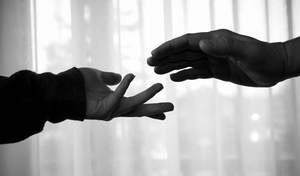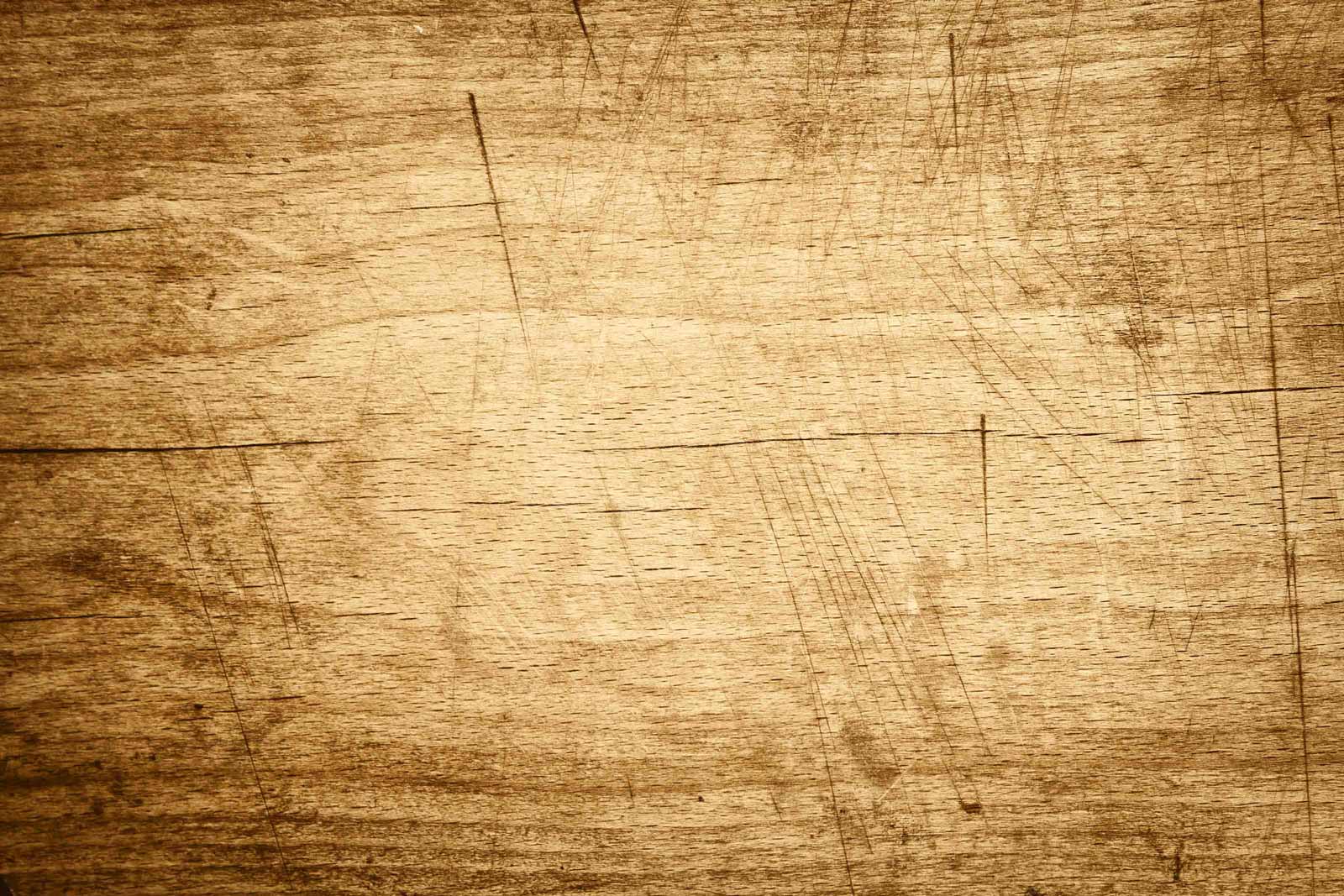Enjoy this letter? Get next Sunday's sent straight to your inbox.

 Ink and Feet
Ink and Feet


In keeping with branching these letters out to be a fuller, more authentic story, I thought I'd write to you about something a bit different today.
A game I recently played that changed how I saw the world, and is one of the most impactful pieces of art I've encountered in my life, full-stop.
The piece in question is a video game named (unfortunately) Xenoblade Chronicles 3. Maybe you play games, too. Maybe you don't. Maybe the idea of something named "Xenoblade Chronicles 3" seems like a weird, foreign land (on that, we can definitely agree - what's up with that name?)
Me, I've been playing games on computers since I was a kid. For months on end, I ran around the world in the copy of The Bard's Tale IIGS that my dad had bootlegged, not knowing that there was a plot, a story, or a point of any kind (we did not have a copy of the instructions or accompanying book.) It was just a place to escape to, a world full of people and monsters and lands unseen. I drew maps on graph paper, wandered, explored, and fell in love with making my characters a little stronger, more capable, more able to go where they wanted and see the whole world.
And I've played ever since. Games have remained my favorite way to fall into another world for a little while, to get to explore ideas and different takes on character and personality. And every year or two, I decide to settle in for a "big" game - one that I know will take me at least a hundred hours to finish, whose makers I know and trust to take me on a journey worth that investment of time.
This fall, that was Xenoblade Chronicles 3. I'll refrain from any story spoilers in case you actually want to play it (which I'd wholeheartedly recommend.*)
But I finished this game weeks ago - and it is still here, lingering in each day.
It's a piece of art that wants to take a swing at the big questions: What's life about? Is freedom just for people who have the luxury of power? How do you reconcile the pacifistic truth that the fighting stops when we stop fighting with the realities of violence and injustice? How would you live if you knew how much time you had left? But most of all, it's about our relationship to change. With the past - unpacking what to grieve and let go of, what to hold on to, and how to move forward after loss. With the present - the fleeting now that's all we can actually be sure of. With the future - and how to step forward into the terrifying truth that nobody actually knows what's going on or how this will all turn out. There are no guarantees.
It hits all the emotional notes - I felt joy, determination, and loss. Triumph and regret, hope and helplessness. I felt a complex mix of those, all at once.
But more than that, I walked away with a new perspective on my own life.
One of the weird things about getting older is the way the world changes around you. As a kid, then a teenager, the world you know is largely a static thing - it was made by people who came before you, and you see it, flaws and all, as a rough draft made by out-of-touch idiots who don't know any more than you do.
Time spins, and by the time you're forty, things look a lot more complex. The world is this way because it's big and complicated, made up by mostly good people who are all doing their best - there are just a lot more side effects to nearly every action than one would hope, and there simply are no easy answers. You've lived enough to see that human beings are deeply flawed, beautiful creatures, both courageous and creative and kind, and also really prone to making certain kinds of horrible mistakes over and over and over.
The certainty of how the world worked in those bygone years when you knew less starts to look more appealing. Music made sense then. Fashion made sense then. TikTok did not even exist.
And it feels a whole lot more comfortable to look back, to see the world through the warped, rosy lenses of memory, to feel like that world was normal, the baseline reference of how things worked. The fact that that bygone world doesn't exist anymore (and probably was not much like we remember), and that it's just as arbitrary a point to call "normal" as any other moment in time are nothing more than minor inconveniences that are surprisingly easy to ignore.
But it's not just how things were 20 years ago. It's ten. Or five. As I've sat with this questions this game raises, I've had to ask myself if the life I'm building is because it's truly right for me - or because it's more comfortable than moving into the unknown. Into who I really am today, into the world I actually live in, now.
One where skibidi is a word that means things to millions of people. One where new, genuinely transformative technologies are being run by the same toxic bros as they always have been. One where I continue to age, my body getting slower and slower to repair itself, my maximum capabilities falling each year. One where my friends and family will get old, and one by one, each of us will die. One that is, in so so many ways, terrifying to look dead in the eye.
But one that actually is. The brilliance of youth is that we're able to see things as they are, without any explanations or rationalizations. The brilliance of age is that we have the experience to actually know, at least a little, who we are and what we want to do with the time and gifts we've been given.
And the challenge for me, I think, is figuring out how to age and learn and grow - and still see the world fresh. To still have the courage to face it as it really is, even though I have the more comfortable, cozy option of freezing it in place, believing that things used to be better, and ignoring all that new stuff as bad, other, weird.
It's easy to see people older than me who have calcified and write them off. It's not as easy to assume that they're kind, smart people, and to ask why they've calcified. It's even less easy to look in the mirror, and stare at the parts of me that are calcifying too.
I've been lucky in my life to have a few mentors who were forty years older than me, but who were still actively engaged in the work of meeting the world as it was, and making it a better place. What I didn't realize when I was younger was how much work and effort it took for them to stay present, to not hold on to the past like a blanket. And I respect and appreciate them even more now. Carol, Ann - thank you.
The game ended - like all good things - leaving me wanting just a little bit more. One more adventure. To know more about how each character's arc ends, what happens next. But - just like life - we're almost always left with unfinished threads, and the hope that wherever they are, those folks we used to know are happy, smiling, and well - whoever they've become now.
With lots of love,
-Steven
p.s. The best thing I heard all week was this double album by Shofel and J. Folk. If you just want to put something on and vibe, it really hits the mark.
*OK, about that wholehearted recommendation. It is not a perfect game. It's a classic JRPG at heart: it can be tedious, long, and sometimes feel like an endless series of fetch quests. (Though I'd argue that that tedium is a feature, not a bug, as it gives you time to really emotionally process the story beats.) It, like all great art, asks something of you, asks you to do real work. But it's worth it.
If you've never played a video game before, I'd recommend you start with the all-time best first-timer game, Breath of the Wild, and then come here. It's also a game that works best if you trust it, and let it have its way with you. Don't look up spoilers. Let yourself get invested in characters. The storytellers are worth trusting. And hey, if it sounds like your kind of thing, give it a play. :)
Enjoy this letter? Get next Sunday's sent straight to your inbox.
